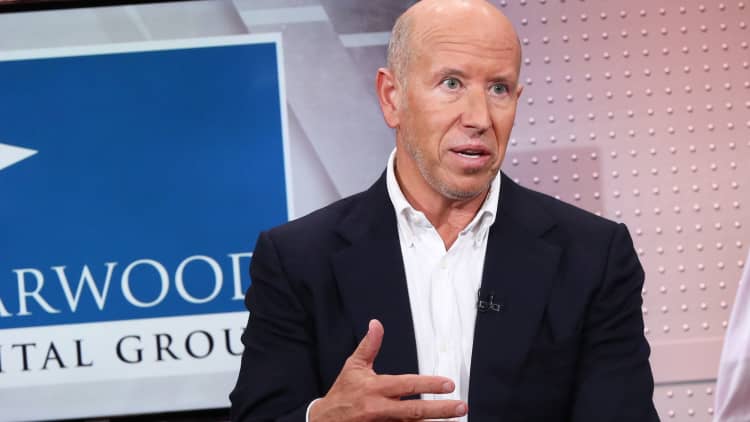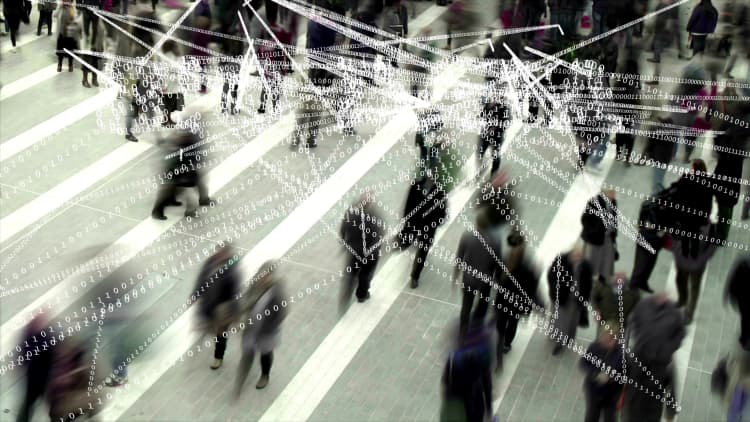
The U.S. government should pay people to enroll in a coronavirus contact tracing program, billionaire global investor Barry Sternlicht suggested Tuesday.
The incentive could be between $500 and $1,000 for signing up, "if the leadership of this country decides to mandate it," the Starwood Capital founder said on CNBC's "Squawk Box." "Once we can track the virus, we can deal with this virus."
According to public health experts, increased testing for the coronavirus and robust contact tracing programs are critical in controlling the Covid-19 outbreak.
Contact tracing involves putting everyone who tested positive in isolation. Health officials then help them figure out who they came in contact with and subsequently warn those who were exposed.
States across the U.S. have been hiring and training people to conduct manual contact tracing, while tech giants Apple and Alphabet's Google are helping in efforts to use smartphone apps to do it digitally.
"I think this contact tracing is a really big deal," Sternlicht said, calling the practice "a game-changer" in helping accelerate the U.S. economic recovery.
However, many Americans have privacy concerns about contact tracing — and particularly with digital contact tracing through their smartphones.
According to Axios-Ipsos polling, only about half of those surveyed said they would voluntarily agree to be tracked by their smartphones if the Centers for Disease Control and Prevention or public health officials run it. Those compliance numbers plummeted when people were asked whether they were comfortable with cellphone, internet providers or tech companies running it.
Democrats in Congress have released a bill that they say would protect consumers' health data collected through digital contact tracing, which uses short-range signals between smartphones to track when users are in close proximity. When a person tests positive, these systems can be used to notify others that they might have been exposed.
Sternlicht said that paying people to participate would actually be relatively cheap, compared with the $3 trillion stimulus package passed in the Democratic-controlled House last week. "At least there'll be a return on the investment," he contended.
Starwood Capital, which Sternlicht started in 1991, has more than $60 billion in assets under management. The firm created Starwood Hotels, now part of Marriott, and other leisure brands. It also has interests in luxury hotels and malls among its many other businesses.
Sternlicht has said for weeks that coronavirus-related business restrictions must be relaxed soon.
On Tuesday, he said the economic recovery depends on how comfortable people feel going out again. "Contact tracing could help us in the interim, temperature testing, wearing masks, all the things everyone has heard about."
"We can get through this," he added, but warned that if states stay shuttered for too long, the economy and businesses could sustain "irreversible damage."
Throughout the crisis, Sternlicht has been generally positive about the economy and the stock market recovering from the pandemic's fallout. On March 13, he predicted before the bell on CNBC a strong comeback for stocks once the outbreak is over. Since then, the Dow Jones Industrial Average has gained 16% as of Monday's close.



